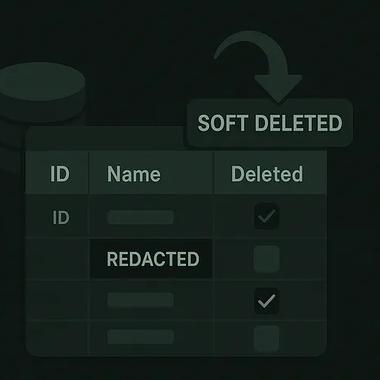Many businesses and organisations need their own app – whether the function is to communicate with customers, provide a service, manage team members, or do something else entirely. Whatever the app, there’s a good chance you’ll need to work with an app development agency to develop the app and maintain it.
App agencies differ more than you might expect. Factors such as specialisation, skill level and company culture vary wildly throughout the industry.
With this in mind, your choice of app development agency will be key to achieving your aims.
The right app development agency for you will be an excellent fit for your business, for your customer and for your planned app product. Each of these areas of compatibility is made up of multiple factors, which we’ll explain individually in this guide.
Read on to learn how to differentiate between app agencies, and how to choose the agency that suits you best.
We’ll also provide a checklist template to help you compare multiple app agencies ahead of making your app-defining choice.







